Vanessa Taylor is writing the screenplay while Mr. Ron Howard, Ms. Karen Lunder, and Mr. Brian Grazer are producing the project under their company Imagine Entertainment. Executive producer for Hillbilly Elegy movie are Ms. Julie Oh and Vance. Mr. Ron Howard is directing the feature film.
Hillbilly Elegy is a memoir written by Mr. J.D. Vance. It's mainly about his Kentucky family and the social issues at his hometown.
Source Material: variety.com
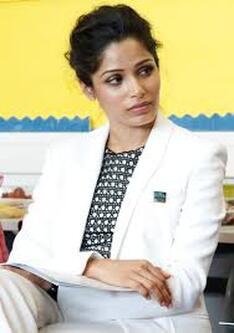
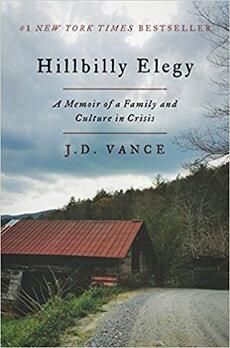
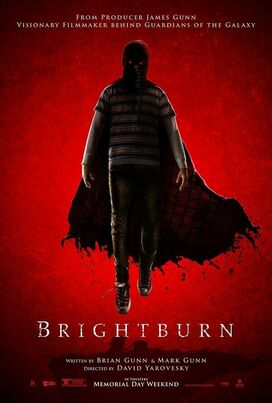
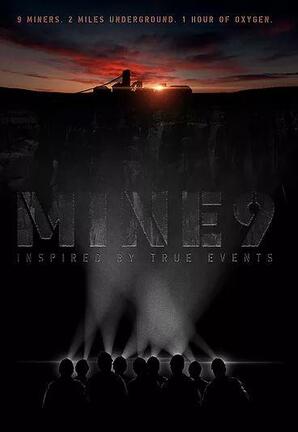
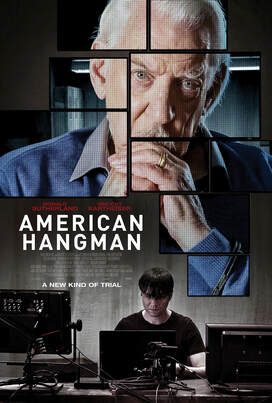
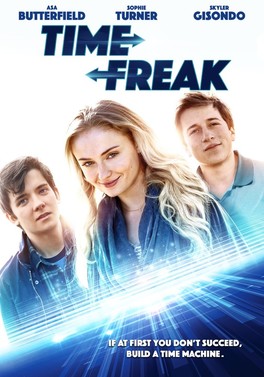

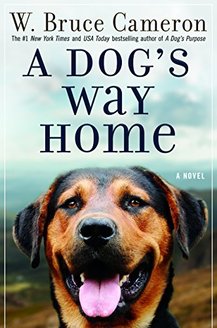
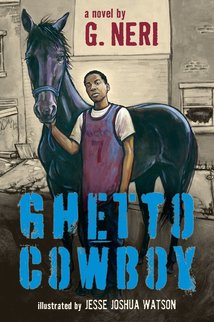
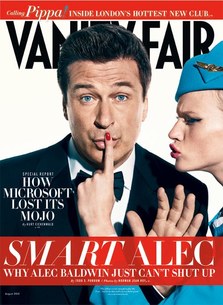
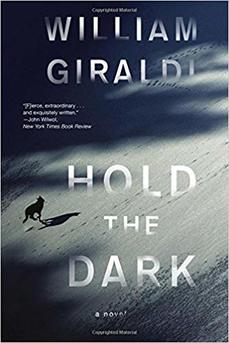
 RSS Feed
RSS Feed
